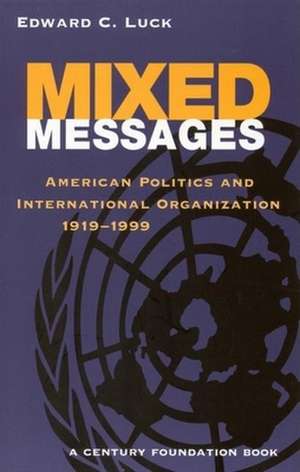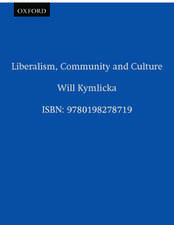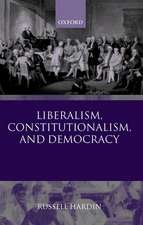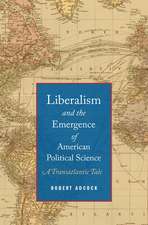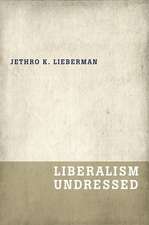Mixed Messages: American Politics and International Organization 1919-1999
Autor Edward C. Lucken Limba Engleză Paperback – oct 1999
At the turn of the century, the United States is on the verge of losing its vote in the General Assembly for non-payment of its arrears. There are eerie parallels between the domestic debate over the United Nations in 1999 and the struggles over the League of Nations in 1919. Why, many ask, are Americans the first to create international organizations and the first to abandon them? What is it about the American political culture that breeds both the most ardent supporters and the most vocal detractors of international organization? And why can't they find any common ground? In seeking to uncover the roots of American ambivalence toward international organization, this political history presents the first major analysis of U.S. attitudes toward both the United Nations and the League of Nations. It traces eight themes that have resurfaced again and again in congressional and public debates over the course of this century: exceptionalism, sovereignty, nativism and racism, unilateralism, security, commitments, reform, and burden-sharing. It assesses recent domestic political trends and calls for the development of two interactive political compacts--one domestic and one international--to place U.S.-UN relations on a new footing. A Century Foundation Book
Preț: 235.92 lei
Nou
Puncte Express: 354
Preț estimativ în valută:
45.14€ • 48.27$ • 37.64£
45.14€ • 48.27$ • 37.64£
Carte tipărită la comandă
Livrare economică 17 aprilie-01 mai
Preluare comenzi: 021 569.72.76
Specificații
ISBN-13: 9780815753070
ISBN-10: 0815753071
Pagini: 394
Dimensiuni: 152 x 229 x 27 mm
Greutate: 0.52 kg
Ediția:New.
Editura: Brookings Institution Press
Colecția Brookings Institution Press
ISBN-10: 0815753071
Pagini: 394
Dimensiuni: 152 x 229 x 27 mm
Greutate: 0.52 kg
Ediția:New.
Editura: Brookings Institution Press
Colecția Brookings Institution Press
Notă biografică
By Edward C. Luck
Descriere
At the turn of the century, the United States is on the verge of losing its vote in the General Assembly for non-payment of its arrears. There are eerie parallels between the domestic debate over the United Nations in 1999 and the struggles over the League of Nations in 1919. Why, many ask, are Americans the first to create international organizations and the first to abandon them? What is it about the American political culture that breeds both the most ardent supporters and the most vocal detractors of international organization? And why can't they find any common ground? In seeking to uncover the roots of American ambivalence toward international organization, this political history presents the first major analysis of U.S. attitudes toward both the United Nations and the League of Nations. It traces eight themes that have resurfaced again and again in congressional and public debates over the course of this century: exceptionalism, sovereignty, nativism and racism, unilateralism, security, commitments, reform, and burden-sharing. It assesses recent domestic political trends and calls for the development of two interactive political compacts--one domestic and one international--to place U.S.-UN relations on a new footing. A Century Foundation Book
